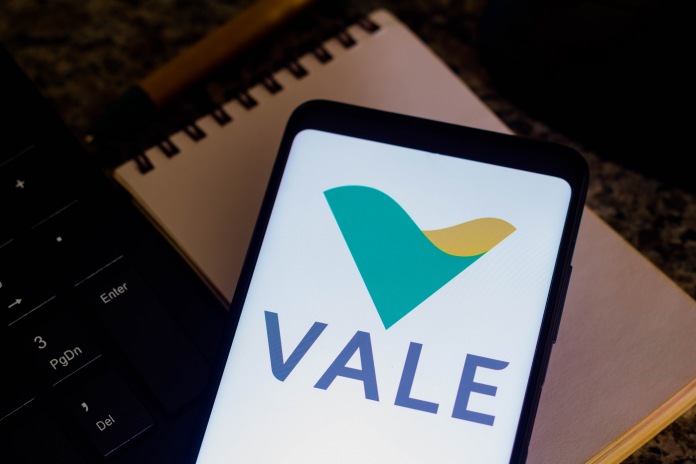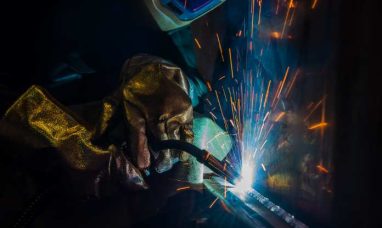Even though iron ore prices dropped a lot and inflation stayed high, Vale (NYSE:VALE) said late Thursday that its Q3 net profit was down from the same quarter last year. This was better than what analysts had predicted. Vale stock was trading slightly lower on Friday at $12.71 as of October 28, 09:43 AM EDT.
The company’s third-quarter net income of $4.45 billion, or $0.98 per share, was 19% lower than the $5.5 billion reported in the same quarter a year ago, but it easily outperformed the $0.57 per share Refinitiv forecast. The Q3 revenue of $9.93 billion, which fell short of both the $10.2 billion consensus estimate and last year’s $12.3 billion, was down 19.5% Y/Y.
Adjusted EBIT for Q3 fell 47% year over year to $3.7 billion, much lower than the $4.6 billion analyst consensus. Iron ore prices at Vale (NYSE:VALE) decreased to $92.6/metric ton in the third quarter from $127.2 in the same period a year earlier, iron ore fines prices dropped to $103.3/ton from $162.9, and iron ore pellet prices fell to $194.3/ton from $249.9 in the previous quarter. Although the company produced 89.7 million tons of iron ore during the third quarter, sales fell short of production. Vale’s (NYSE:VALE) performance is worse than it was last year at the same time that iron ore prices are at their lowest level in two and a half years.
Vale stock drops as profit misses estimate
With prices going down and cost inflation still happening, Vale SA, the second-largest iron ore producer in the world, lost more money than expected. The Brazilian mining giant had adjusted earnings before special items of $3.7 billion in the third quarter, which was 47% less than the same time last year and a lot less than the average analyst prediction of $4.6 billion.
Focusing on higher-grade ore will help Vale protect its profits from the lowest iron prices in the past two years. Concerns about how higher interest rates will affect people’s feelings, China’s COVID limits, and problems in the real estate market have all led to a decrease in the futures’ price for the steelmaking ingredient.
Rival companies like Rio Tinto Group and BHP Group have issued warnings that global economic uncertainty and China’s spotty recovery will continue to make it difficult for commodity producers. This week, the world’s largest steel company, Baoshan Iron & Steel Co., also gave a gloomy outlook on the Chinese steel industry, saying that demand could drop by 5% this year.
Vale’s realized iron ore price for the quarter was $92.60 per metric ton. This is less than the previous quarter’s price of $127.20 per metric ton. Iron ore production was higher than anticipated, but sales were far lower than anticipated.
Featured Image – Megapixl © Rafaelhenriquepress















